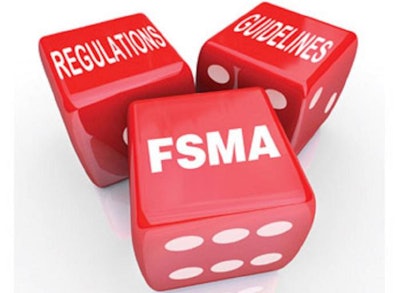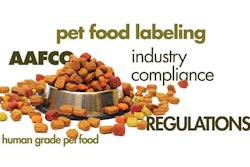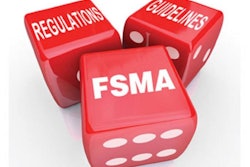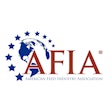
The Food Safety Modernization Act (FSMA) can expose pet food suppliers and manufacturers to unnecessary risk of regulatory enforcement and litigation, according to a team of presenters at Petfood Forum, held this week in Kansas City, Missouri.
Megan Galey and Joan Archer of law firm Husch Blackwell, and Steve Kluting of insurance brokerage Arthur J. Gallagher & Co., said companies should focus on more than just having the required FSMA documentation and records to show an inspector.
Galey said companies should implement a robust and specific record retention policy, but there is a fine line between too much and not enough recordkeeping.
“You do want to be mindful of the fact that the more records that you keep, the more liability that you could be imposing on yourself and creating additional risks. So there’s a bit of a balancing act there,” she said.
Examples of recordkeeping obligations under FSMA include employee qualification and training records, a written food safety plan, a written supply chain program, compliance records, and transportation procedures.
Good contracts and the right legal team
In order for a company to protect itself from litigation and enforcement risk, Archer said, good contracts are key, and so is the right legal team that can tailor contract terms and conditions to fit each individual situation.
“You want to make sure that you’ve got people involved who understand your business and understand what the food safety risks are,” she said. “In building your legal team, you need to look for people who routinely work in this space or this industry … as opposed to a generalist.”
She provided examples of key contract provisions a company should include, such as broad indemnity covering supply chain interruption, market withdrawal or product recall, or inspection by a government entity.
“You have to have good agreements that spell out … who is responsible to do what,” she said. “You want to be able to get your costs covered if you were not the reason the recall had to happen.”
More inspections mean risk of more contamination events
“FSMA does another thing beyond just imposing new (regulations) to comply with: It also instructs FDA to conduct more inspections,” Kluting said, which means facilities will likely be inspected more frequently in the coming years than they have in the past.
This can lead to more contamination events, recalls and crises, which in turn can lead to big costs for a company, including:
- Lawsuits and the resulting compensation plus defense costs
- Costs of transporting a contaminated product
- Additional labor
- Disposal and replacement of the affected product
- Increased regulatory scrutiny and fines
- Damage to brand and reputation
- Customer and other third-party financial loss
To protect against these potential losses, companies should implement a financial recovery plan, communicate strategically with stakeholders, keep good records, and be prepared to manage cash flow.
“A well-prepared food company is one that can respond operationally to an event, but one that has also given thought to having a plan to respond financially,” he said.
A financial recovery plan should integrate cost recovery into the larger recall plan, Kluting said. He advised that companies should practice with a mock recall, and include their financial plan in that mock recall so they can identify and fill any gaps in coverage before an actual recall event occurs. Companies should appoint a cross-disciplinary cost recovery team that includes inside counsel, outside counsel, risk management, food safety, and finance.
Contamination events may or may not trigger multiple insurance policies such as general liability, product contamination/product recall, property, or directors and officers liability, but “there is no one, fail-safe insurance product that addresses all exposure from a contamination event,” Kluting said. That is why it is important to have a legal and insurance team that understands what policies cover what risks and how much insurance coverage a company should have.
















